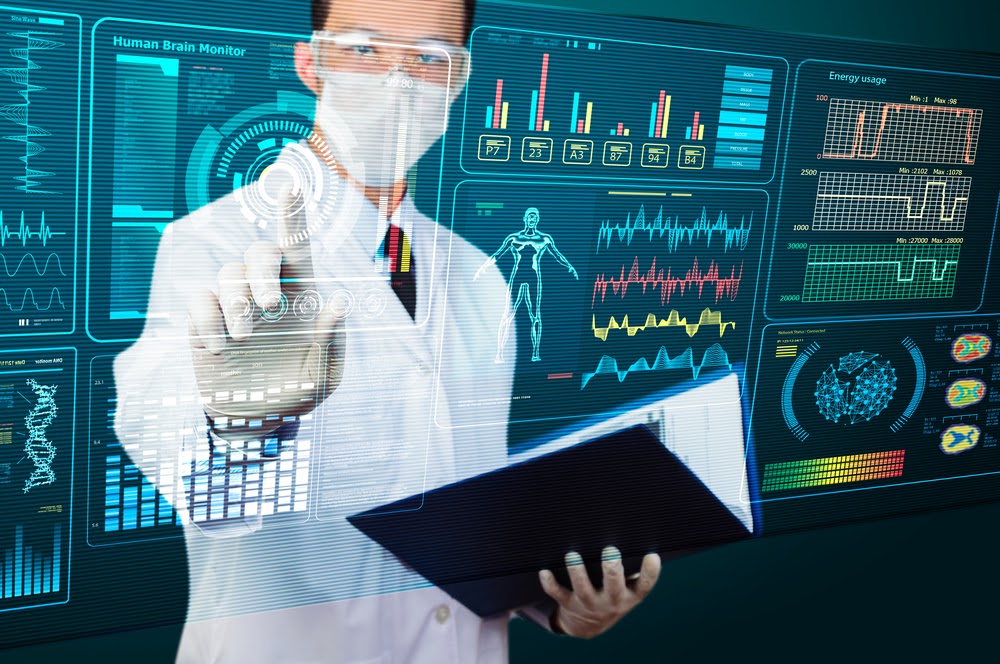Data Science in Healthcare: Improving Patient Outcomes with Big Data
Introduction
Data science has emerged as a powerful tool in healthcare, revolutionizing the way patient care is delivered and managed. By harnessing the power of big data, healthcare providers can gain valuable insights into patient populations, diseases, treatments, and outcomes.
Benefits of Data Science in Healthcare
1. Personalized Medicine: Data science allows healthcare providers to analyze large datasets to identify patterns and trends, enabling personalized treatment plans tailored to individual patients.
2. Early Disease Detection: Advanced analytics can detect early warning signs of diseases, allowing for proactive intervention and improved patient outcomes.
3. Operational Efficiency: Data-driven insights can optimize hospital operations, streamline workflows, and reduce costs.
4. Predictive Analytics: Predictive models can forecast patient outcomes, helping healthcare providers make informed decisions and allocate resources effectively.
Challenges and Limitations
While data science offers immense potential in healthcare, it also comes with its own set of challenges and limitations:
1. Data Privacy and Security: Healthcare data is highly sensitive, raising concerns about privacy and security breaches.
2. Data Quality: Ensuring the accuracy and reliability of healthcare data can be challenging due to inconsistencies and errors.
3. Regulatory Compliance: Healthcare organizations must comply with strict regulations governing the collection, storage, and use of patient data.
4. Interoperability: Integrating data from disparate sources and systems remains a significant barrier to effective data analysis and collaboration.
Future Outlook
The future of data science in healthcare looks promising, with ongoing advancements in technology and analytics:
1. AI and Machine Learning: Artificial intelligence and machine learning algorithms will continue to drive innovation in healthcare, enabling more accurate diagnoses and treatment recommendations.
2. Real-time Analytics: Real-time data analytics platforms will allow healthcare providers to monitor patient health status continuously and intervene promptly when necessary.
3. Population Health Management: Data science will play a crucial role in population health management, facilitating preventive care and improving health outcomes at the community level.
4. Collaborative Research: Data sharing initiatives and collaborative research efforts will accelerate medical discoveries and foster interdisciplinary collaboration among healthcare professionals.
Conclusion
Data science holds tremendous potential to transform healthcare delivery and improve patient outcomes. By leveraging big data analytics, healthcare providers can deliver more personalized, efficient, and effective care to patients around the world.
#IAQMC #QualityManagement #Consulting #IAQMCReviews #QualityAssurance”





